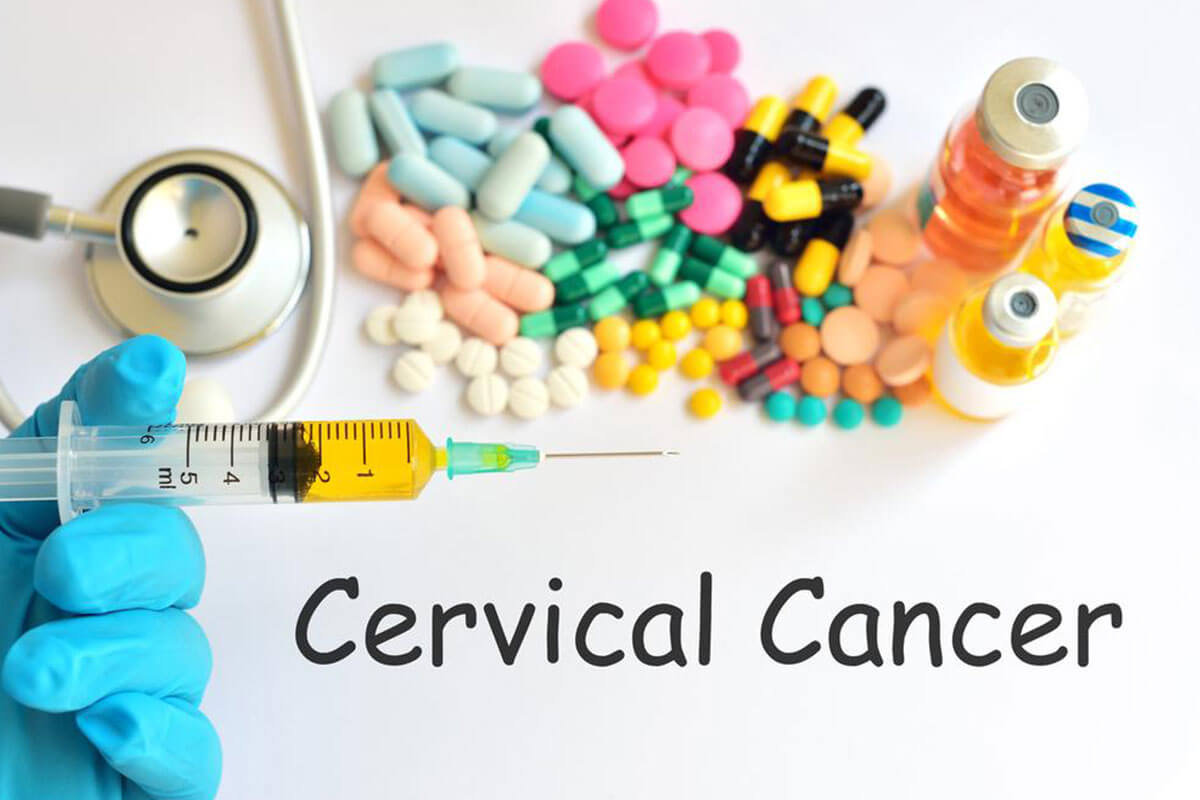
Health
10 side effects of using a poor quality mattress
Having a proper mattress is an extremely important part of getting a good night’s sleep. Not investing in one can lead to several health issues along the road, making you feel unrested and resulting in chronic aches. In case you have not read about the consequences of using a poor-quality mattress regularly, here are a couple of side effects of sleeping on a bad mattress that may affect your physical and mental health. 10 side effects of using a poor quality mattress Premature aging A bad mattress leads to poor REM sleep, which affects your skin terribly. It results in dark circles, puffiness around the eyes, and dull skin. Memory issues The brain needs adequate rest after a full day of work. Sleep is an important aspect of rest and recovery, which helps in keeping the brain sharp and focused. Chronic drowsiness A lack of sleep leads to a tired mind and body. A good mattress will rectify this problem immediately. Waking up fresh and well-rested helps one stay active and not feel drowsy throughout the day. Back pain A lousy mattress interferes with the sleep cycle and creates severe physical problems. Back pain can lead to several complications, deterring you from having an active lifestyle.













